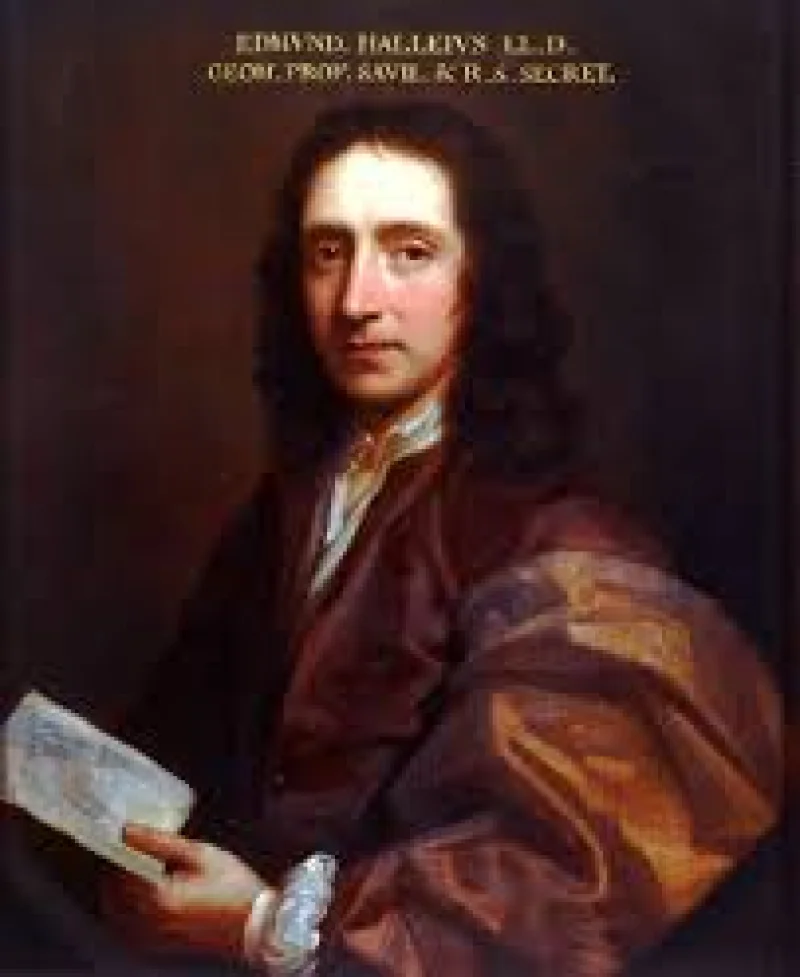Short Summary
Michael Faraday was an eminent 19th-century British scientist known for his pioneering discoveries in electromagnetism and electrochemistry. His most notable contributions include the principles underlying electromagnetic induction, diamagnetism, and electrolysis. Despite having minimal formal education, Faraday became one of the most influential scientists in history, revolutionizing the understanding of electricity and magnetism. His work laid the foundation for many modern technologies, and he is celebrated for his ability to communicate complex scientific ideas to the public.
Early Life & Education
Born on September 22, 1791, in Newington Butts, England, Michael Faraday was the son of a blacksmith. His family was not wealthy, and his formal education was limited. At the age of 14, he was apprenticed to a local bookbinder and bookseller, George Riebau. It was during this apprenticeship that Faraday developed a keen interest in science by reading books on the subject, including Isaac Watts' "The Improvement of the Mind" and Jane Marcet's "Conversations on Chemistry." His early passion for science led him to attend lectures by the renowned chemist Humphry Davy, which significantly influenced his future career in science.
Career Highlights
Faraday's career began in earnest when he joined the Royal Institution of Great Britain as an assistant to Humphry Davy in 1813. He quickly rose through the ranks, becoming a key figure at the Institution. In 1821, he discovered electromagnetic rotation, a fundamental principle behind the electric motor. His groundbreaking work on electromagnetic induction in 1831 provided the working principle for the electric transformer and generator. Faraday's innovative experiments in electrochemistry and his establishment of the laws of electrolysis further solidified his reputation as a leading scientist of his time.
Major Achievements
- Discovered electromagnetic induction, which is the principle behind transformers and electric generators.
- Formulated the laws of electrolysis, which laid the foundation for electrochemistry.
- Invented the Faraday cage, an enclosure used to block electromagnetic fields.
- Coined terms such as "anode," "cathode," and "electrode" in the field of electricity.
Famous Quotes
- "Nothing is too wonderful to be true, if it be consistent with the laws of nature."
- "The important thing is to know how to take all things quietly."
Interesting Facts
- Faraday rejected a knighthood and twice refused to become President of the Royal Society.
- A unit of electrical capacitance, the "farad," is named in his honor.
- He was a devout Christian and believed that science and religion were interconnected.
Legacy / Influence
Michael Faraday's legacy endures through the vast array of scientific advancements his work enabled. His discoveries in electromagnetism paved the way for the development of modern electrical engineering, including the electric motor and generator. His ability to simplify and communicate scientific principles has inspired countless scientists and educators. Faraday's emphasis on empirical evidence and experimentation influenced future scientific methodologies, making him a pivotal figure in the history of science.
FAQ
Q: Why is Michael Faraday famous?
A: He is famous for his groundbreaking discoveries in electromagnetism and electrochemistry, including electromagnetic induction and the laws of electrolysis.
Q: What are some inventions associated with him?
A: He is associated with the invention of the electric motor, the Faraday cage, and the concepts underlying transformers and generators.
Q: What unit is named after him?
A: The unit of electrical capacitance, the "farad," is named in his honor.
Q: Did he have formal scientific education?
A: No, Faraday had minimal formal schooling and was largely self-taught through reading and attending scientific lectures.













